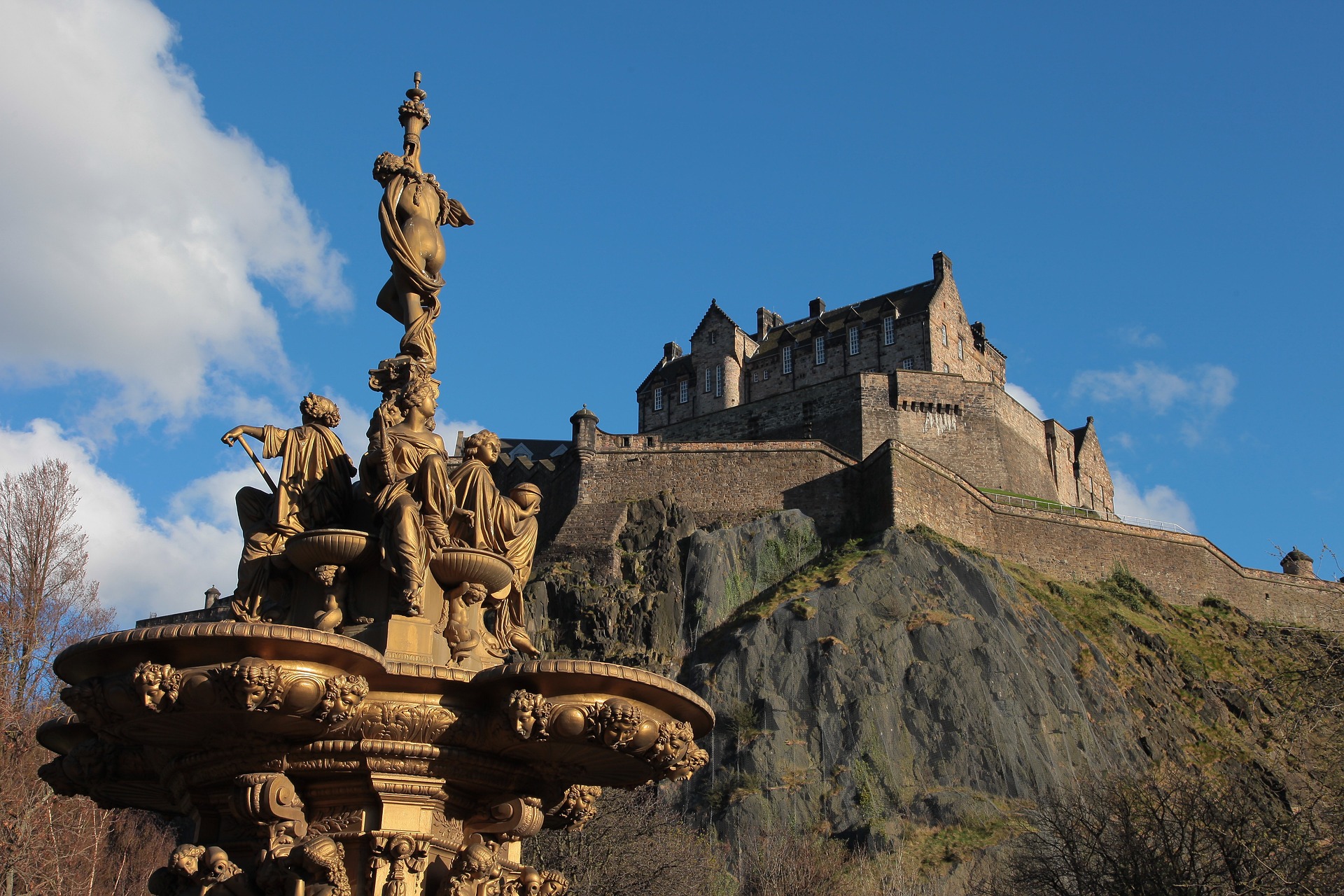
Edinburgh, Scotland to introduce a tourist tax in 2026
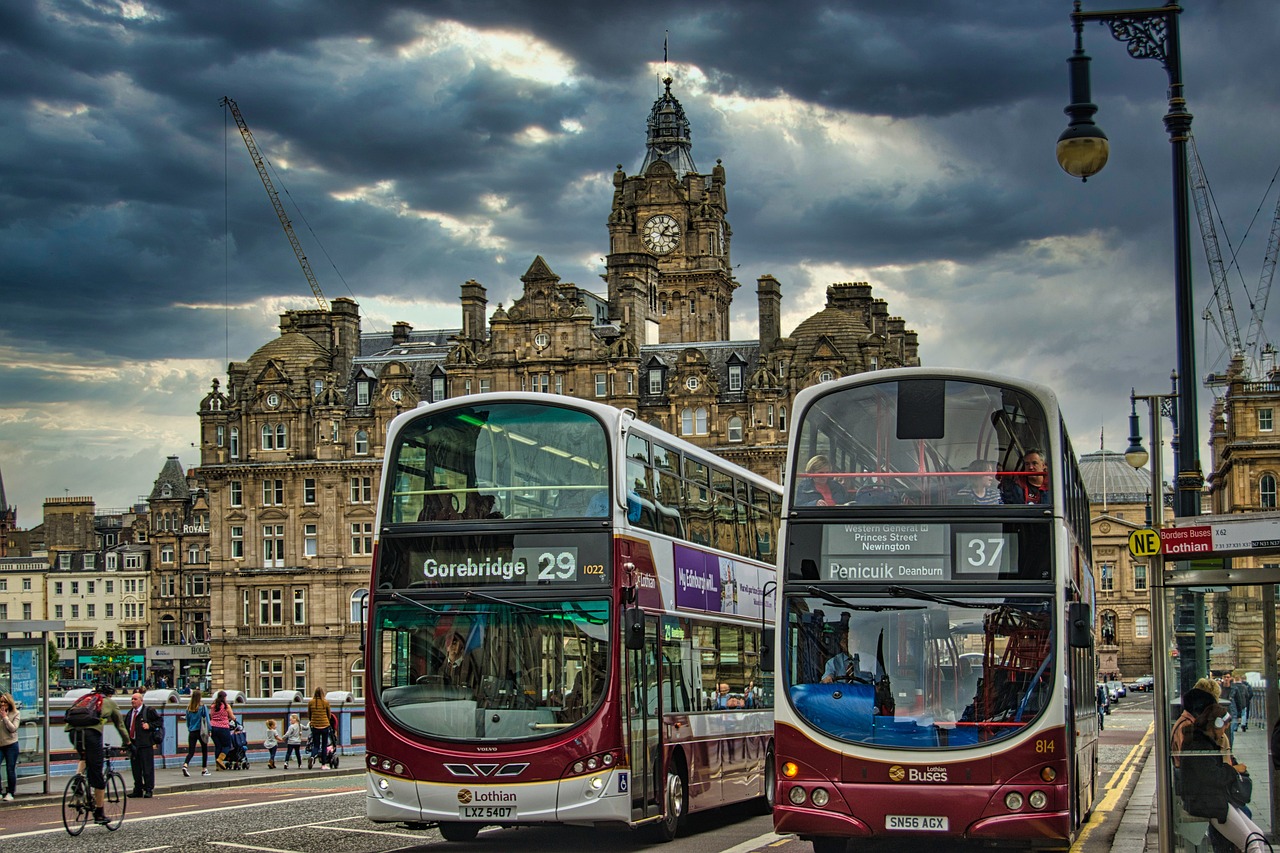
This will be the first city in Scotland to introduce a new tourist tax after the Scottish government granted local authorities the power to introduce visitor charges. Meanwhile, the city council has approved a proposal, dubbed the “Transient Visitor Levy” and it will be introduced in 2026.
The tourism fee will be set at 5 percent of accommodation costs, and it is anticipated that the tax will raise up to £50 million ($62 million) annually and will be used to make improvements in the city’s infrastructure.
Tourism operators are concerned over the Transient Visitor Levy
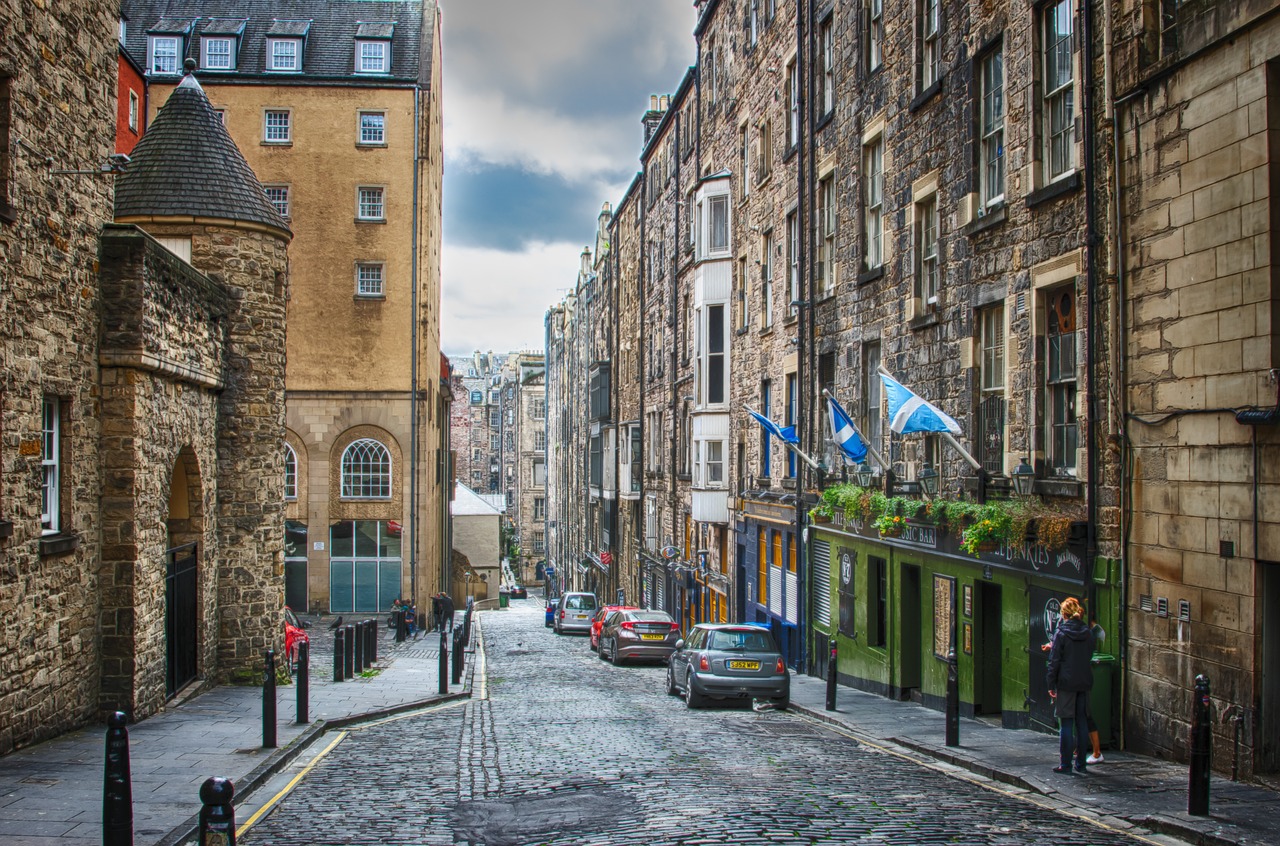
However, the tax will be capped at seven consecutive days in the city and is set to launch on July 24, 2026. In the meantime, a new report by the council’s policy and sustainability committee proposes a transition period to help tourism businesses adjust.
Due to this, tourists visiting Edinburgh will likely only be charged tax on bookings made after May 1, 2025, for stays after July 24, 2026.
Scottish Parliament passes a bill for local authorities to introduce tourism tax
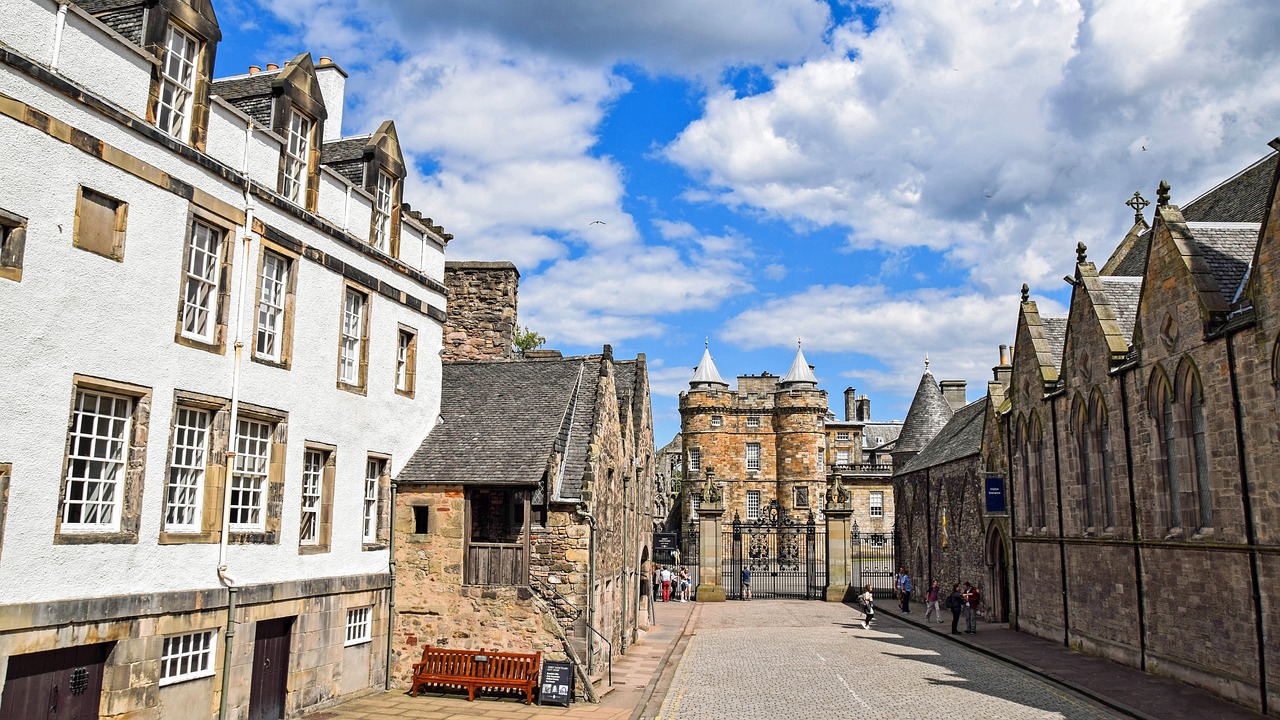
According to the city council, the funds received through the tax will be invested in infrastructure, destination management, affordable housing, culture, heritage and events.
Meanwhile, the new tax is expected to bring in £50 million ($62 million) annually by 2029 for the Scottish capital.
According to city council leader, Cammy Day, 35 percent of the taxes will be earmarked for the arts sector. Moreover, the tax will place Edinburgh in line with other popular tourist destinations in Europe, including Amsterdam, which levies a 12.5 percent tourist tax, and Berlin.
However, Marc Crothall, Chief Executive of the Scottish Tourism Alliance, told travel news website Skift in August 2024 that concerns are that the levy will make the city a less competitive vacation destination and could deter tourists from visiting. He said:
It remains a very contentious matter.
There are concerns around the future total price point to the customer and what impact this might have on future bookings, especially by our domestic visitors when there are already signs of decline in bookings from this market due to the UK cost of living crisis still biting.
However, Day believes the tax won’t put off tourists, told BBC Radio Scotland:
I can’t see a few pounds putting somebody off visiting the city. If you can afford to spend hundreds of pounds on a hotel room, you can afford a few pounds to support the city that you are visiting.
Scottish Highlands considers introducing a tourist tax
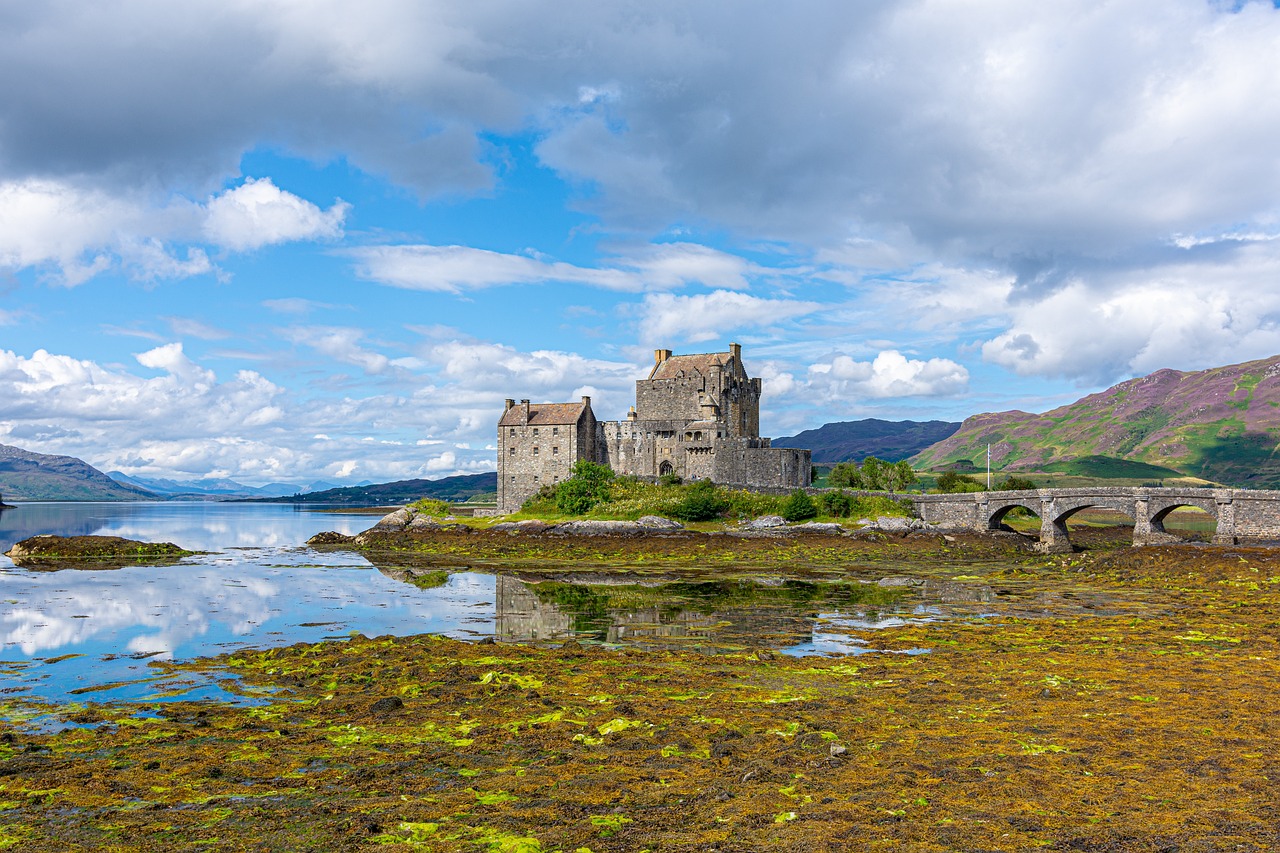
Reportedly, the beautiful region with its mountains and glens, welcomes more than 6 million tourists each year, including cruise passengers and day-trippers. As with Edinburgh, the tax would be a percentage of the cost of accommodation per night.
As with the Edinburgh tax, it would be a percentage of the accommodation cost per night.



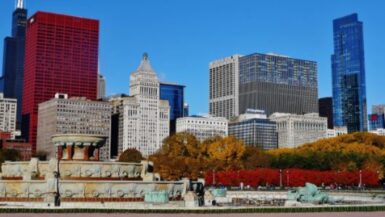
Leave a reply